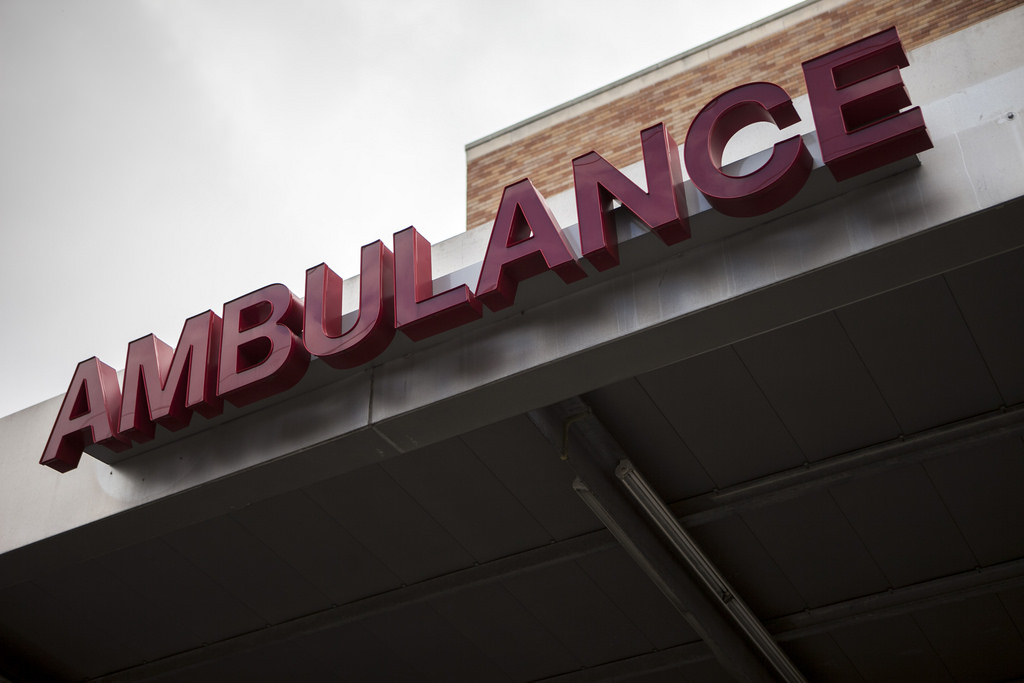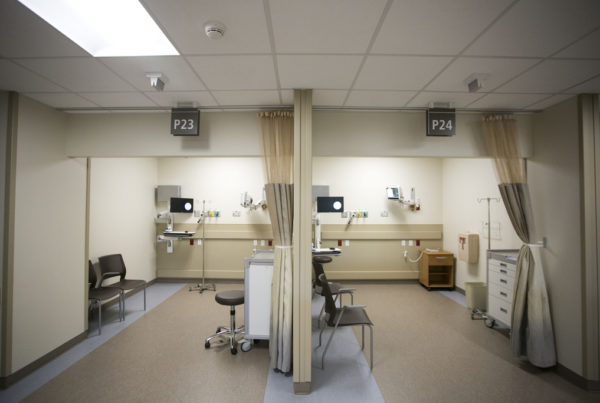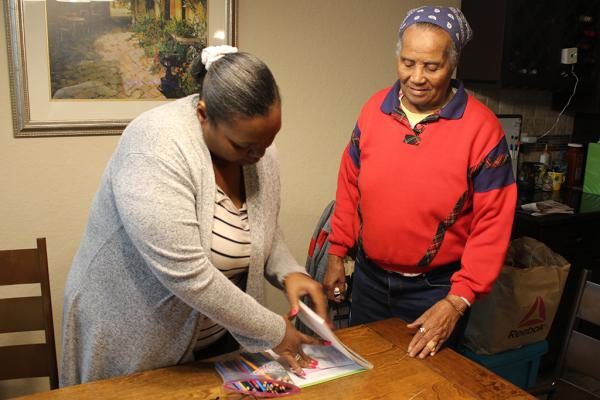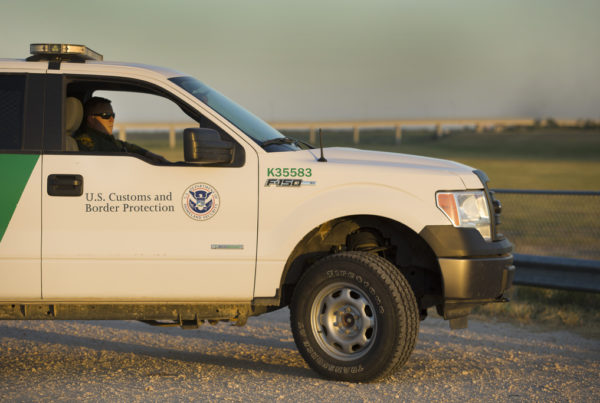Earlier this month a string of hospital closures in Central Texas left some small towns scrambling for medical services.
Little River Healthcare filed for bankruptcy over the summer – and then, months later, with little warning or notice – closed all of its hospitals and clinics in Central Texas. Some of the facilities closed were the only ones for miles in one part of the state; Milam County.
“When those logistical concerns come up, especially transportation,” says Chris Collins,a reporter for the Texas Observer who writes about rural Texas.
“The people that are going to be affected by that are generally people with fewer means,” Collins says. “These could be people who either don’t have access to a vehicle or don’t have the money to afford one. And it just becomes more difficult to get medical care especially if you are older and sicker and you require more continuous medical care than maybe a healthier population.”
The reason the hospital fell into bankruptcy, has less to do with how much money they were receiving and more to do with the actions of the hospital, Collins says.
“Well, what allegedly had happened was that Little River was doing financially well,” Collins says. “However they reportedly were engaging in some kind of lab payment scheme. They were billing patients and insurers for lab test as if those test had been performed in the hospital in Rockdale, when those test had actually be performed elsewhere.”
The reasons this was being done, Collins says, is because small hospitals get a slightly more favorable reimbursement rate from insurers, because they have a harder time with overhead, and they don’t have the economies of scale that the hospitals have.
“So they were making it appear that these tests had been done at a facility where they weren’t actually being done and raking in some cash for that. And the insurers got wise to it and started taking steps that led to the company going bankrupt,” he says.
The loss of so many hospitals in the state is troubling, Collins says.
“We’ve had about 20 rural hospitals close in Texas alone since 2013,” he says. “And in some cases this is leaving people without access to care, access to nearby care or access to certain types of care like baby deliveries or emergency care. So I don’t think it would be overstating it to say it’s perhaps reaching a crisis level.”
Written by Kristen Cabrera.















